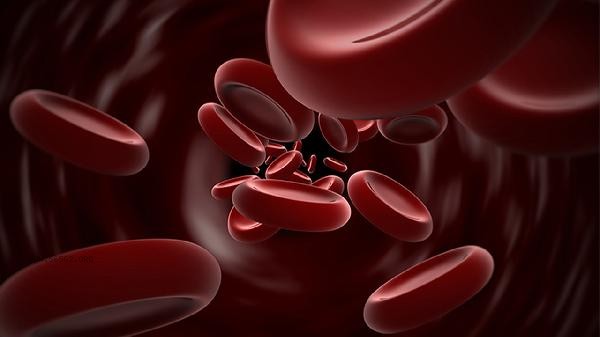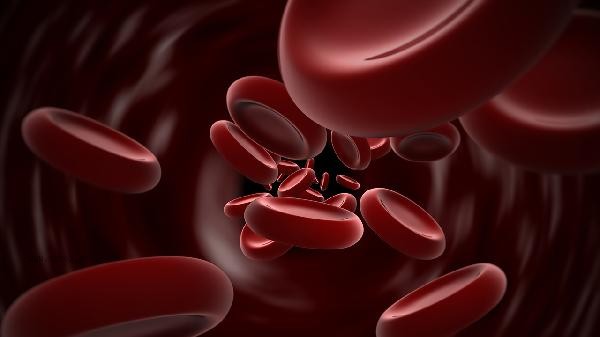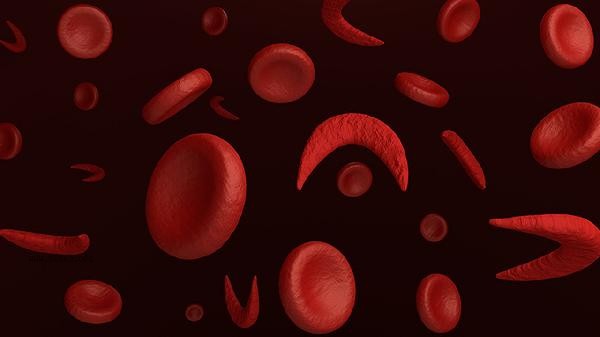High red blood cell count is usually not recommended for direct medication intervention, and targeted treatment should be carried out after identifying the cause. Possible causes include altitude sickness, long-term smoking, polycythemia vera, chronic hypoxic diseases, kidney tumors, etc. Commonly used clinical drugs include hydroxyurea, interferon alpha, aspirin, etc.

1. High altitude sickness:
Long term exposure to low oxygen environment can stimulate bone marrow hematopoietic dysfunction, leading to physiological increase in red blood cells. The main improvement method is to leave the high-altitude environment, and if necessary, symptoms can be relieved by low flow oxygen therapy, usually without the need for special medication treatment.
2. Long term smoking:
Carbon monoxide in tobacco can reduce the oxygen carrying capacity of the blood, compensatory causing an increase in red blood cells. Quitting smoking is the most effective intervention measure, and combined with aerobic exercise, it can promote the recovery of hemoglobin levels to normal. In severe cases, bloodletting therapy may be considered.
3. Polycythemia vera:

belongs to bone marrow proliferative tumors and requires the use of hydroxyurea to inhibit bone marrow hematopoiesis, while interferon alpha regulates immune function. Patients may experience symptoms such as headache and skin itching, and regular monitoring of blood routine is necessary to prevent thrombosis.
4. Chronic hypoxic diseases:
Chronic obstructive pulmonary disease, congenital heart disease, and other diseases can cause tissue hypoxia, leading to secondary erythrocytosis. The primary disease needs to be treated, such as using bronchodilators to improve lung function, and in severe cases, using intravenous bloodletting to reduce blood viscosity.
5. Renal tumors:
Renal cancer or cysts may secrete erythropoietin abnormally and require surgical resection of the lesion. For patients with high postoperative red blood cell count, low-dose aspirin can be used for short-term prevention of thrombotic complications. Patients with polycythemia should maintain a daily water intake of at least 2000 milliliters to avoid dehydration and worsening blood viscosity. Choose low-fat and high fiber foods such as oats and celery for diet, and limit the intake of high purines such as animal organs. Engage in 3-5 aerobic exercises such as swimming and brisk walking per week, each lasting for at least 30 minutes, to promote blood circulation. Regularly monitor blood pressure and blood routine indicators, and seek medical attention promptly if symptoms of hypercoagulability such as dizziness and blurred vision occur.










Comments (0)
Leave a Comment
No comments yet
Be the first to share your thoughts!